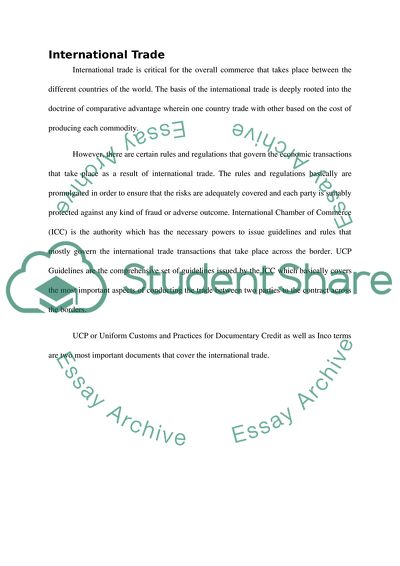Cite this document
(The Benefits of International Trade Research Paper, n.d.)
The Benefits of International Trade Research Paper. Retrieved from https://studentshare.org/macro-microeconomics/1733920-international-trade-and-finance
The Benefits of International Trade Research Paper. Retrieved from https://studentshare.org/macro-microeconomics/1733920-international-trade-and-finance
(The Benefits of International Trade Research Paper)
The Benefits of International Trade Research Paper. https://studentshare.org/macro-microeconomics/1733920-international-trade-and-finance.
The Benefits of International Trade Research Paper. https://studentshare.org/macro-microeconomics/1733920-international-trade-and-finance.
“The Benefits of International Trade Research Paper”. https://studentshare.org/macro-microeconomics/1733920-international-trade-and-finance.


